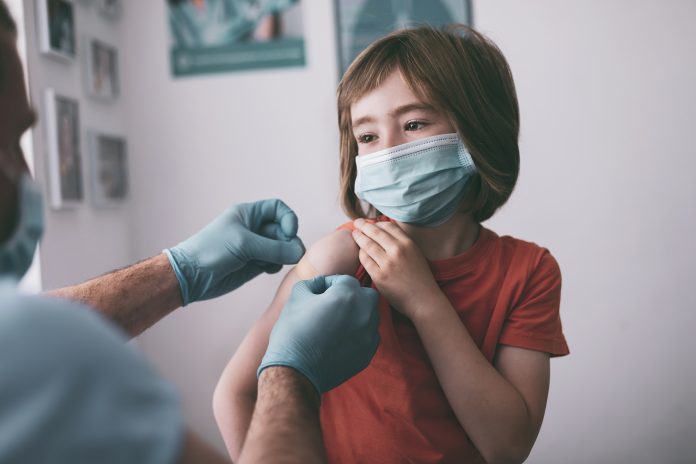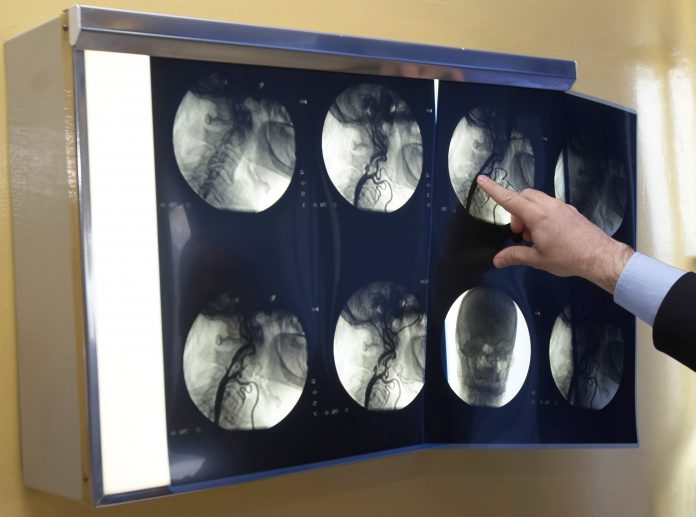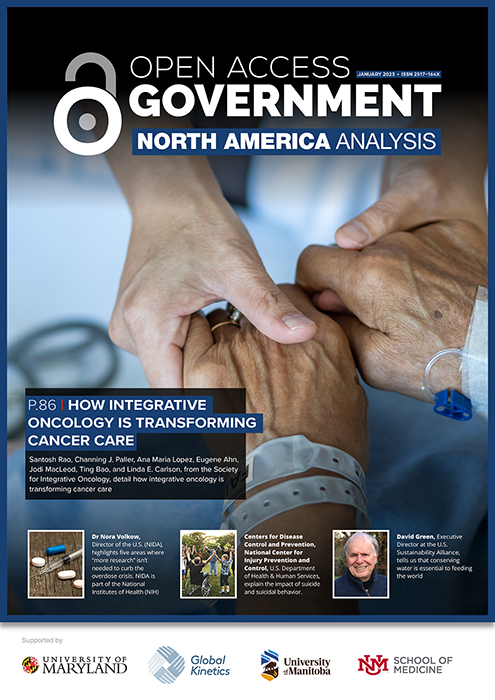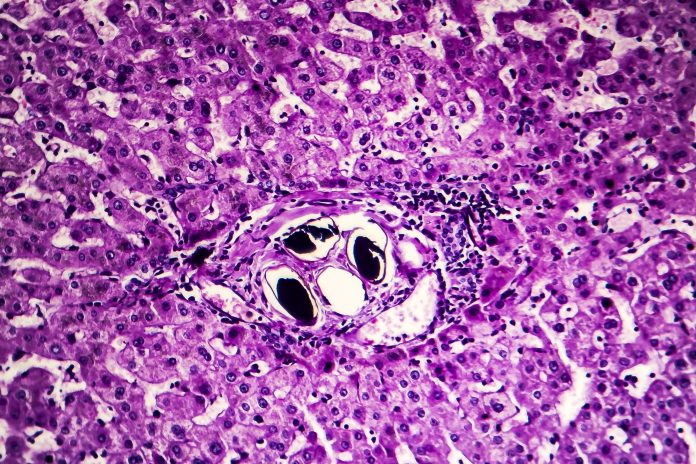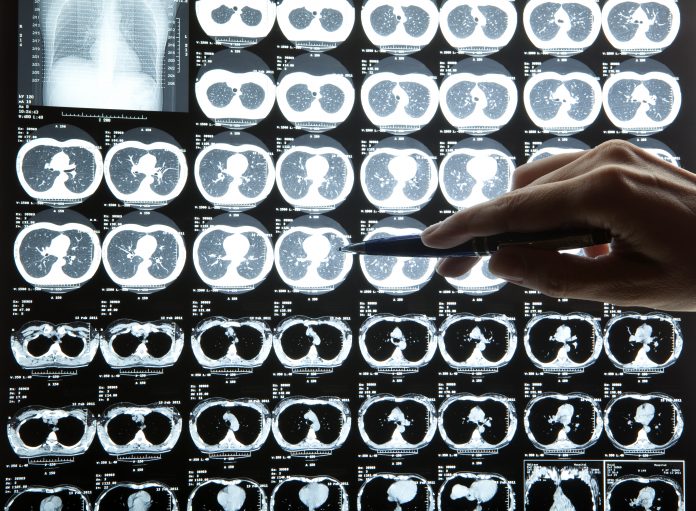Open Access Government produces compelling and informative news, publications, eBooks, and academic research articles for the public and private sector looking at health, diseases & conditions, workplace, research & innovation, digital transformation, government policy, environment, agriculture, energy, transport and more.
Home Search
cancer - search results
If you're not happy with the results, please do another search
Parent decision-making in vaccinating children against COVID-19
Study examines the scientific evidence, political and social pressures parents face when vaccinating children.
Molecular aspects of Global Infection Prevention and Control
Dr Zisis Kozlakidis directs our thoughts towards the molecular aspects of global Infection Prevention and Control, in this the second of a special two-part series.
Taking complexity into account: Public health strategies adaption to the end of the decade
Dr Zisis Kozlakidis and Sandra Nanyonga discuss public health strategies, then and now, with a focus on the prevalence of STDs.
Could a smart necklace help you stop smoking?
A smart necklace that tracks heat signatures from lit cigarettes in real time could help individuals to stop smoking and avoid relapsing.
Lion’s mane mushroom improves memory and nerve growth
A research team from the University of Queensland have found the active compound from an edible lion's mane mushroom that improves memory and boosts brain cell growth.
Using AI, analytics and machine learning to improve NHS wait times
The country is struggling with extended NHS wait times for treatments, but new artificial intelligence and analytic solutions could be used to help resolve the crisis.
How entrepreneurship and industry saved COVID fighting nanotechnology?
Here Thomas J. Webster, Ph.D. explores how Nanotechnology was crucial in the battle against COVID-19 and how entrepreneurship helped it thrive.
Incontinence treatment through bioelectrical implant therapy
In a current incontinence treatment, researchers are exploring how to physically regulate bladder function by bioelectrical implant signals.
Why connected patient data is key to transforming global health outcomes
In the next 3 years, the average volume of new healthcare data for each patient is predicted to exceed 1 terabyte; how can we reduce this to improve global health outcomes?
Can technology help detect brain tumours through urine analysis?
Researchers have revealed a new and non-invasive way to detect brain tumours through a device that identifies a key membrane protein in a patient's urine.
Unnecessary delays in radiology are crippling the NHS
Delays in radiology are hamstringing the already overstretched NHS and prevent clinicians from providing timely diagnoses and treatment to their patients.
North America Analysis January 2023
We welcome 2023 with our brand-new volume of North America Analysis. We hear from Dr Nora Volkow, Director of the U.S. National Institute on Drug Abuse, NIH, who highlights five areas where “more research” isn’t needed to curb the overdose crisis.
1 in 8 Americans show signs of food addiction
1 in 8 Americans over 50 may have a food addiction to processed food – especially amongst older adults who are overweight or experiencing poor mental health or isolation.
Cool Esthesia airway hygiene: Stop stuffiness, cough and clear phlegm
Cryosim is a molecule that produces sensations of coolness but does not affect tissue temperatures. It can be delivered as a liquid to the surfaces of the nasal cavity and throat with an immediate cooling effect.
Schistosomiasis: Put parasitic infections on the map
Wendy Harrison, CEO of the SCI Foundation, outlines the importance of putting parasitic infections on the map, with a particular focus on schistosomiasis.
“Cataclysmic” health emergency following Pakistan floods
The Pakistan floods have brought on a double burden of communicable, and non-communicable diseases, fuelling more inequality and health disparities.
Preparing Horizon Europe Missions for first evaluations
The targeted R&D Horizon Europe missions enter their third year and, with that, are facing their midpoint review.
Early Alzheimer’s disease detection sensor in development
Researchers are developing a new Alzheimer's disease detection sensor that can be used in the early stages of Alzheimers and a number of other diseases.
20,000 premature deaths caused by human-ignited fires in U.S.
More than 80% of premature deaths caused by small smoke particles in the United States are the direct result of human-ignited fires.
Drug combination for children with MYC amplified Medulloblastoma
Researchers discover drug combination that could offer a better prognosis for children diagnosed with MYC amplified Medulloblastoma, an often deadly form of brain cancer.

